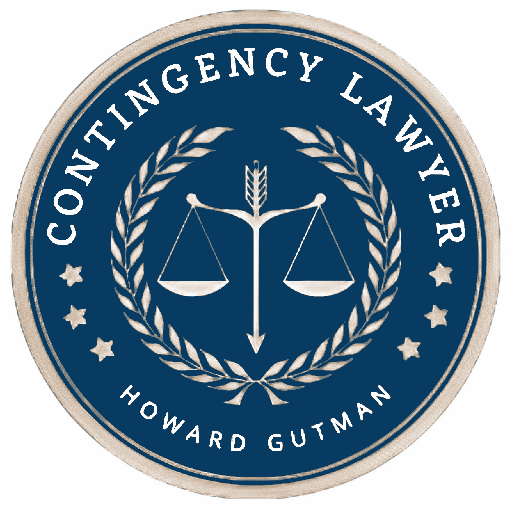The expense of real estate litigation often raises concerns. According to Wiley’s “Alternatives to the High Cost of Litigation” (2012), while some businesses are willing to pay legal fees that may equal or surpass the amount recovered, most aim for a net recovery. Standard legal fee agreements typically offer no guarantee of this, leaving clients responsible for unexpected costs, delays, contentious parties and their counsel, new factual or legal issues, lengthy discovery, and other factors. Since these risks fall on the client with hourly fee agreements, a lawyer’s willingness to take on a claim hourly reveals little about their confidence in its merits. In contrast, contingency representation requires the lawyer to assume these risks and carefully assess the case from the start.
Before accepting a new case on a contingency basis, an attorney must conduct thorough due diligence to assess the likelihood of success as defined by the client. Business lawsuits can last three years or more, presenting numerous risks for the attorney, including legal risks (such as dispositive motions, trial loss, or appellate loss) and client-related risks (such as discovery revealing critical information or changes in client goals). Given these risks, it’s crucial for the attorney to be realistic about potential outcomes and structure the fee accordingly. As Justice Corrigan noted in a recent concurring opinion, “Contingency fee percentages reflect an attorney’s expectations of the case and the risks involved” (Contingency Fees for Business Disputes, Michigan Bar Journal, November 2011).
Here are some guidelines to improve your chances of securing a lawyer for your commercial real estate case on a contingency basis:
- Simple Explanation of Case
Present a clear and concise explanation of your claim, with further details available if requested. Consider providing a short summary and a more detailed documented explanation. - Evidence of the Claim
Offer evidence to support your claim. A claim based solely on the plaintiff’s testimony can be difficult to prove due to the plaintiff’s incentive to present events favorably. Hourly representation ensures payment regardless of the outcome and encourages clients to describe their claim candidly and concisely. Be ready to explain how your claim can be independently verified. - Explain Facts, Not Law
The attorney’s job is to know the law; your task is to present the factual basis for your claim. You don’t need to inform the lawyer about favorable cases or large verdicts, which are often highlighted in the media but may be unrepresentative. A lawyer prefers a client who can assist with the claim without harboring unrealistic expectations. - Show Damages
Clearly demonstrate how you have suffered financial loss, such as lost wages. - Prepare for Tough Questions and Realistic Assessments
Unlike hourly lawyers, who are paid regardless of the result, contingency lawyers are paid only upon success. Therefore, they need to thoroughly investigate and even question their client’s version of events to ensure it can withstand scrutiny.
FREE INITIAL CONSULTATION
We offer a free initial telephone consultation to discuss your claim. Please feel free to call or e-mail our office.
Links: contingency lawyer NJ and NY
Website keywords: real estate litigation attorney, commercial tenancy, commercial real estate litigation, contingency lawyer, commercial lawyer






Leave a Reply
You must be logged in to post a comment.